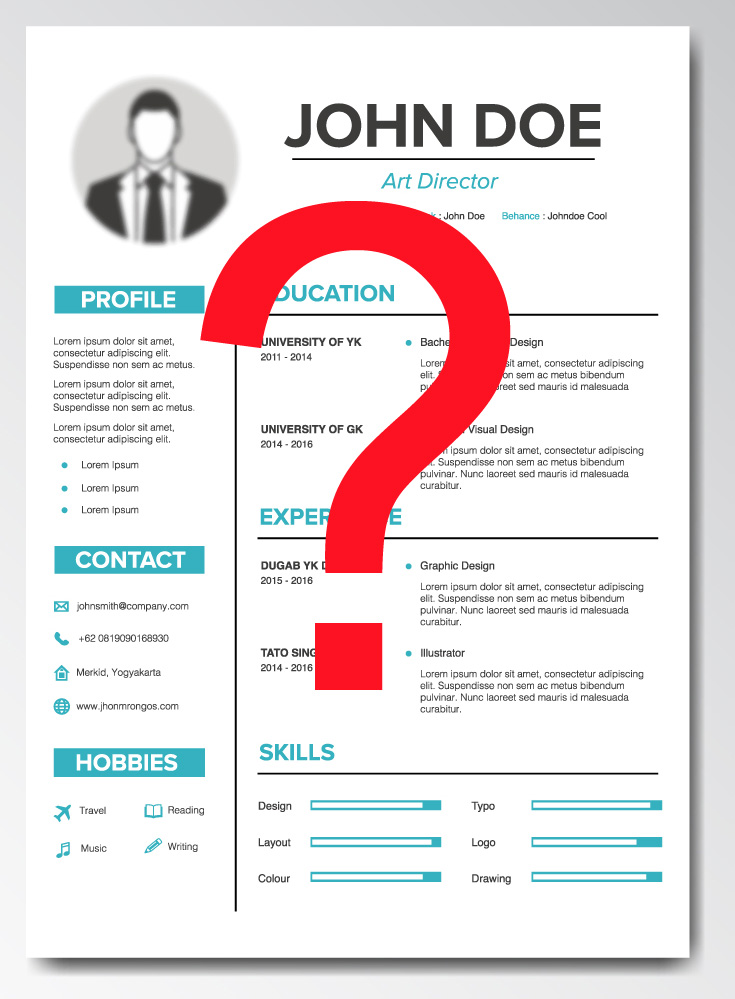How Resume Services Up the Ante for Recruiters
by Riia O'Donnell You have your whole life to write your resume; it should be error-free. Most applicants strive for a resume free of typos and grammatical errors, that maximizes strengths, downplays weaknesses, and entices an employer to call. In many cases, however, the applicant recruiters see on paper isn’t the one that walks through the door. The disconnect may be a professional resume service. A not-so-new but burgeoning field that, for a fee clears your resume of errors and presents you in a light so glowing it prompts mother to send out the annual holiday newsletter in June. When a candidate walks through the door and needs to read about their own work history to answer questions, recruiters know they're dealing with a resume service. While using a resume writer isn’t necessarily a bad thing, it can be challenging to separate fact from fiction. In the resume-writing industry, the term “resume packaging” has replaced “exaggeration.” There are tips on to how far you should stretch the truth, and cautions about when you’ve crossed the line. For recruiters, the bottom line (crossed or not) may be time spent on unqualified applicants. The Biggest Lies With or without a service, where do people commonly lie on their resume? From a CareerBuilder survey:62 percent exaggerate skills or capabilities
54 percent lie about responsibilities
25 percent include jobs they’ve never held
Many of these are easily caught in interviews or reference checks. But there is a more prevalent, and harder to find, misrepresentation that recruiters can’t generally catch: the ability to write well. The resume service may have created a perfect representation of the applicant, but will they meet the same standards on the job? You assume spell- and grammar-check have you covered, but how many programs even utilize those, and how many employees opt to disable that pesky green underline? English, with all its grammar and spelling exceptions, is one of the more difficult languages to write well. Even with native American speakers, we’ve all seen cringe-worthy correspondence. From the proper “they’re, their, there,” “affect or effect,” or the dreaded “orientated” (which is not a word – its oriented), no company has the time, budget, or inclination to proofread everything, but are you confident you’re being represented professionally? Foiling the Professional Resume Writer Your job is to hire top talent, but beyond the hire, they need to be able to perform to company standards. Taking into account the amount of staff you have and the breadth of correspondence they produce, you likely need help. Short of using flash cards during the interview, how can companies assess written language skills before they become a problem? Enter Rankdone’s Business English Testing. Our tests assess the most commonly misused spelling and grammar terms in business. From entry-level staff members to top tier management, a 10 minute test can show who’s putting your best face forward, and who needs to hit the books for a refresher course. Whether you test before a hire, or assess the skill set of current employees, you can be confident anything written on your behalf meets your standards. You may trust they wrote that resume independently, but it never hurts to verify. Find out more today about how Business English Testing by Rankdone can assure your new hires are who they say they are. Contact us today.






